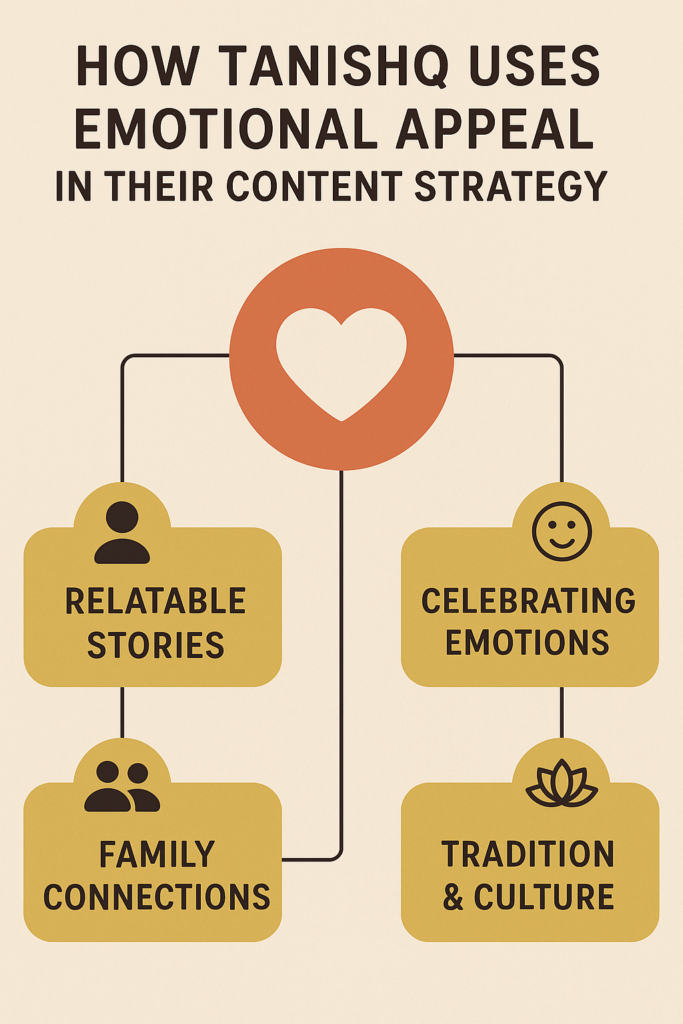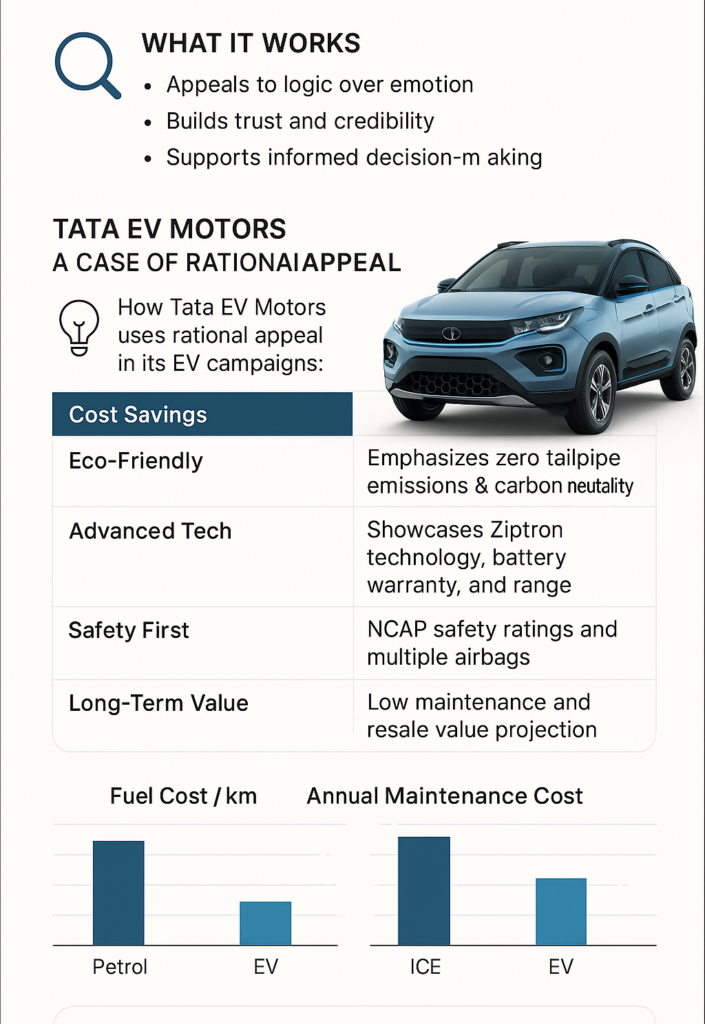Tapping into and creating the right appeal for your story is vital to resonate with your target audience. Statistics have shown that well-executed ads and content with a powerful appeal and connection stay in the minds of consumers longer than rational ads. Are you curious to connect the dots? Then think about the brand Amul and its legacy in crafting emotion-based ads!
Before decoding its significance and how beautifully it can be crafted, let’s understand what content-based or communication techniques mean. In marketing, an appeal refers to the approach or technique used to attract and persuade consumers by addressing their emotions, desires, needs, or values. The motive behind that storytelling, idea, or message connects with the audience’s feelings or motivations, encouraging them to pay attention, feel a certain way, and ultimately take action, such as buying a product, supporting a cause, or engaging with a brand. Appeals can be emotional, rational, moral, or social, and choosing the right appeal helps marketers create messages that resonate deeply and influence consumer behavior.
Here are some of the most commonly used appeals in marketing:
1. Emotional Appeal
Emotional appeal in marketing taps into powerful human feelings such as happiness, excitement, sadness, empathy, and love to create a deep connection with the audience. The next time you watch an advertisement, observe how it makes you feel—does it evoke concern for the environment or spark joy and celebration? These emotional connections are intentional and effective. A standout example is Tanishq, a leading Indian jewelry brand known for its emotionally rich advertising. From showcasing women in diverse roles to highlighting festive traditions, Tanishq’s campaigns are crafted with relatable storytelling and emotional depth. These heartfelt narratives inspire millions of women to connect with the brand and make a purchase, proving how emotional appeal can drive strong consumer engagement.

2. Excitement Appeal
This emotional appeal leverages energy, excitement, and a sense of thrill to capture the audience’s attention. It positions the brand or product as fun, adventurous, and capable of sparking joy or anticipation. Many successful brands incorporate this strategy into their marketing to create a lasting impression. A standout example is Mountain Dew, which perfectly embodies this approach with its iconic slogan, “Darr Ke Aage Jeet Hai,” showcasing how fear can be conquered through boldness and action.
3. Humor Appeal
Humor is a powerful communication technique that resonates strongly with Gen Z, making content more memorable, enjoyable, and shareable. When executed effectively, humor helps brands create positive associations and stand out in a competitive market. Light-hearted and funny ads are often easier to recall and frequently spark word-of-mouth sharing. In India, brands like Fevicol, Center Fresh, Zepto, and Zomato have successfully leveraged humor appeal through witty campaigns and relatable content. Our Social Media Marketing services offer a hands-on experience with this creative approach, blending humor with strategy to boost audience engagement. However, it’s crucial to ensure the humor aligns with your brand voice and remains culturally and socially sensitive.
4. Social Appeal
Social appeal is a strategic communication technique used by marketers to tap into the human desire for connection, belonging, and acceptance. Brands like Boat Lifestyle and The Souled Store effectively use influencer marketing to showcase their products and invite audiences to be part of a larger community. This appeal not only boosts engagement but also drives conversions, especially in categories like electronic gadgets, where mobile phones are positioned as tools for staying connected. Similarly, restaurants and cafes use social appeal by partnering with influencers to highlight their ambiance, aesthetics, and food experiences. These real-world examples demonstrate how social appeal enhances brand visibility and builds emotional connections with consumers.
5. Rational Appeal
Rational appeal is a marketing technique grounded in logic and practical benefits, focusing on factors such as affordability, value, durability, quality, and product comparisons. Leading brands like HDFC Bank, Asian Paints, and Tata Motors effectively use this approach to influence consumer decisions. Tata Motors, for example, highlights the advantages of its electric vehicles (EVs) by showcasing key benefits such as safety ratings, charging times, and cost savings. This clear, informative content helps guide consumers through their decision-making process, making rational appeal a powerful tool for driving purchases.

6. Personal Identity Appeals
This communication style focuses on self-image and personal aspirations, often delivered through visually engaging content or storytelling posts that resonate deeply with the audience. Instead of highlighting product features or benefits directly, the messaging centers around themes like confidence, lifestyle, status, and positive emotions. Brands like Levi’s showcase campaigns that promote confidence regardless of body shape or size, while Titan encourages consumers to wear their identity with pride, emphasizing self-worth and personal growth. If you want to incorporate this powerful communication style into your content strategy, contact us now at Localbizzboosters.
7. Green/Eco-Friendly Appeal
Eco-friendly appeal highlights products created through environmentally sustainable processes, reflecting a growing trend among brands, especially startups, as consumers become increasingly conscious about their ecological impact. Today’s buyers often conduct thorough research before purchasing, particularly when it comes to spiritual or lifestyle products. Brands like Phool and Letsbeco serve as excellent examples of companies successfully leveraging eco-friendly appeal by promoting sustainable practices and eco-conscious values to attract mindful consumers.
